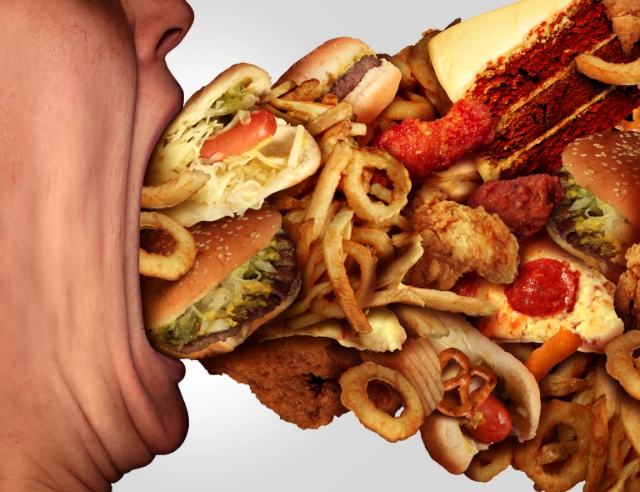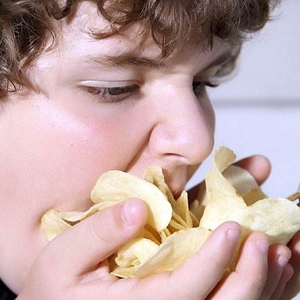Researchers down under have uncovered a deep, dark relationship between consumption of ‘discretionary and junk foods’ and damage to the environment from greenhouse gasses. No surprise that sugar is at the epicentre of the issue, as contained in foods such as pastries and ice cream…
 Junk Food: Should we attack it as a health issue, or an environmental one?
Junk Food: Should we attack it as a health issue, or an environmental one?
Investigators from the University of South Australia (UniSA) did some major number crunching and came up with a direct connection between junk food and excess greenhouse gas emissions (GHGEs) and other environmental impacts. They analysed the results of 20 different surveys of the environmental impacts of the consumption of different foods in Australia and New Zealand. They say they uncovered a significant connection between what they call ‘discretionary’ foods and excess GHGEs.
The team calculated that the average Australian is responsible for the production of 19.7 kg of greenhouse gasses each day – a total of 7.19 tonnes per year – via their diets. Or, for a country like Australia with a population of almost 25.5 million, a grand, national, annual total of 183.6 million tonnes.
Anyway…
An abstract of the study report claims:
“The existing ADG (Australian Dietary Guidelnes) recommends daily servings of ‘core’ foods every day: fruit and vegetables, grains, lean meats, fish, eggs, nuts, seeds, legumes, milk, cheese, yoghurt and alternatives.
“These core foods are estimated to contribute between 67-73 per cent of total food-related GHGEs in Australia, with meat, grains and dairy contributing the most emissions. Fruit and vegetables are two of the lowest contributors.
“Non-core or ‘discretionary’ foods include sugar-sweetened drinks, alcohol, confectionery and processed meats, accounting for between 27-33 per cent of food-related GHGEs. While the percentage is lower than core food emissions, the fact that Australians are consuming large amounts of avoidable energy-rich, nutrient-poor foods is not helping the environment.”
My take
I think it’s safe to assume that Australians as a culture are unlikely to voluntarily give up ‘discretionary’ foods, either in part or – much less likely – entirely. You’d probably have to ban the import manufacture and sale of junk food to make a dent. Even then, it’s my observation that, when something people love or are addicted to is outlawed, a thriving and lucrative black market quickly pops up so serve the orphaned demand. Look at the illegal cannabis culture of the 60s and 70s. Or, more relevant to the model, the bootlegging culture of the Prohibition era. And no government that wants to get re-elected the next time around would dare propose such a measure.
Also, the researchers just glossed over the fact that total national food-related Australian GHGEs account for just 14.2 per cent of the country’s overall total emissions from all sources. How significant would the effect of a ban on junk food be, in terms of reducing the overall national carbon footprint?
But then, consider the savings to the national health care budget if discretionary foods disappeared from the Australian diet. Better, I think, to campaign for a ban based on health car savings than on the relatively minor environmental savings.
Muse on that…
~ Maggie J.

